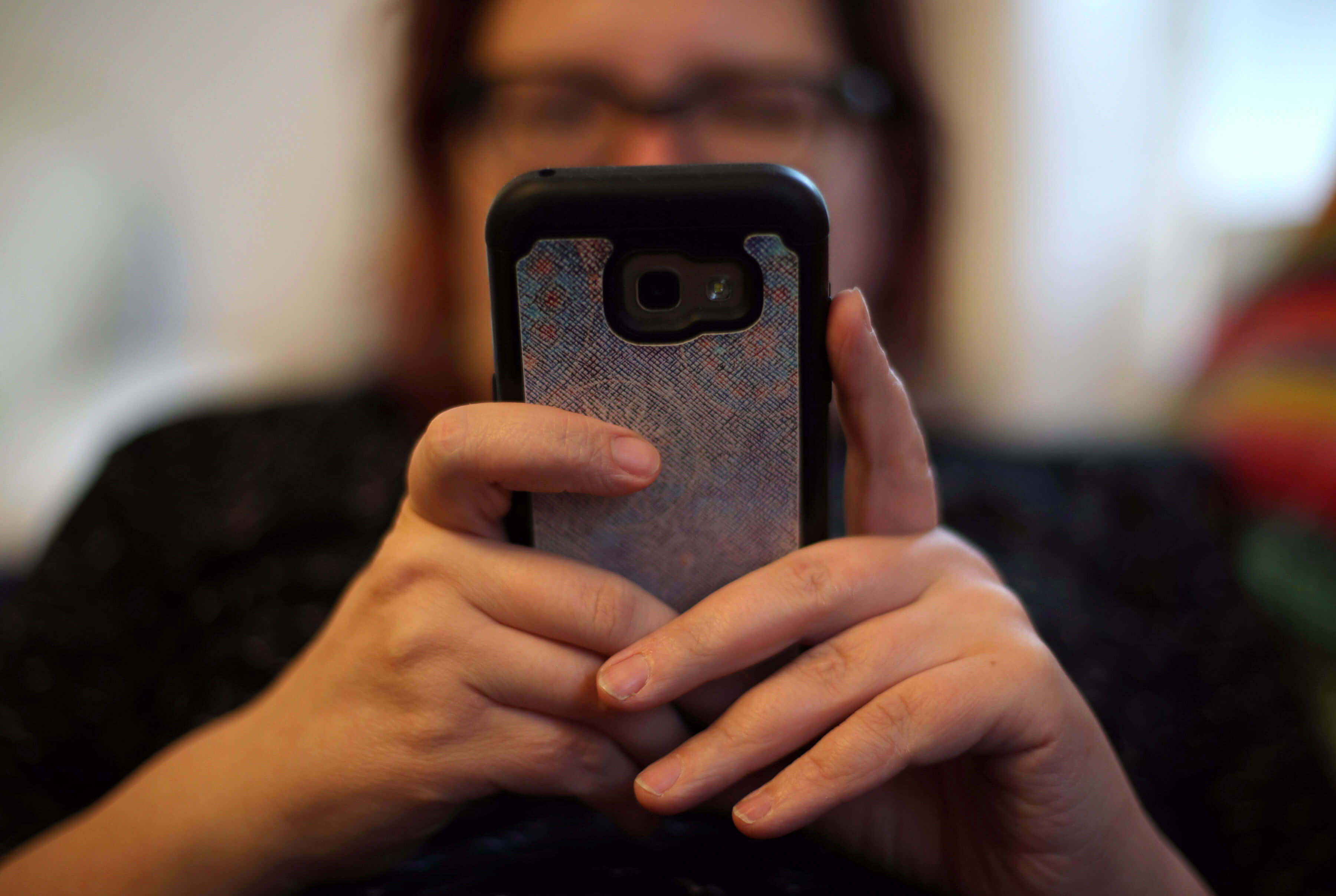Sports Betting Hurts American Men. Time To Rethink Its Regulation | Opinion

I do something regularly that I wish I didn’t. I bet on sports online.
Perhaps you’ve seen the advertisements for FanDuel, DraftKings, Fanatics, and the like. You definitely have if you’ve turned on any sports program recently, as the advertisements come in hot and heavy every few minutes, including on SportsCenter, which now has segments on what bets to make. Heck, ESPN has even gotten in on the action—literally—with ESPN Bet.
These apps are now enormous businesses. Estimates are that online sports betting companies are taking in around $15 billion in 2024, and that 37.6 million people bet online in the United States. About three in four betters are men. Broadcasts and sporting events are regularly sponsored by one of the online sportsbooks.
I’m one of their customers. I watch a lot of sports and started betting on various games and events a couple years ago. I was enticed in part by a promotion that would give me $250 if I made a couple of bets. Who would turn down free money? Not me.
This is all a relatively recent development, as in 2018 the Supreme Court ruled that it was up to each state to decide whether sports betting would be legal within its borders. New Jersey was first to declare betting legal and many others quickly followed; today we are up to 38 states that have legalized betting in some context.
So what are the problems?
The data are clear and compelling—and not good. As author Charles Fain Lehman put it, “The rise of sports gambling has caused a wave of financial and familial misery, one that falls disproportionately on the most economically precarious households.”
Cooper Neill/Getty Images
First, households save less. One study showed that for every $1 spent on betting, households put $2 less into investment accounts. You see more families overdrafting a bank account or hitting the limit on a credit card. This makes sense to me; the money I bet remains either in the app or in a bank account to be recycled for the next bet.
Second, personal bankruptcies go up. Economists have found that legalizing sports betting increased the risk of a household going bankrupt by 25 to 30 percent, with the risk highest among young men living in low-income counties. Bad debt rates also went up.
Third, domestic violence increases. This is hard to say out loud but anyone who has bet on sports can see the connection. When you lose money on a bet, it puts you a terrible mood. It stresses you out. If you go home to a partner, it could be your partner that suffers. Researchers estimate that legalized sports betting leads to a 9 percent increase in domestic violence.
These are measurable phenomena, but addiction has been connected to feelings of anxiety and depression as well. I get it. I used to watch a sporting event and root for a team, or a player or outcome. The emotions are different when money is involved. It has transformed a sense of disappointment into calamity—and in my case the money I’m betting isn’t going to keep me from putting food on the table. Imagine if it did?
Athletes now also report that fans bark at them for “ruining their parlay.” It used to be that maybe the fan liked the athlete or identified with them. Now, the fan’s bet is the dominant thing on his mind.
Betting on sports online is a perfect storm for men in that it combines things we enjoy at a visceral level: sports, money, speed, risk, and thinking that we know something that others don’t. It’s social, and it makes spending time on sports seem like a job that will pay you money. But what makes it such a powerful intoxicant also gives it the ability to ruin your financial life, your relationships, and your mental health.
I would love to see the regulation on this issue rethought. The main imperative right now is for the states that have not made sports betting legal—Alabama, Alaska, California, Georgia, Hawaii, Idaho, Minnesota, Missouri, Texas, and Utah—to keep it from reaching people’s phones. I’m sure the companies are in your statehouses right now making their case. “It’s easy tax revenue and everyone else is doing it! It’s fun!” But the facts are clear. Online sports betting is the equivalent of a new tax on Americans that preys upon vulnerable, low-income men in particular. It increases financial stresses and emotional problems. It’s not what your citizens need.
Andrew Yang is a businessman, lawyer, philanthropist, and former candidate for president of the United States. In July 2022, Yang, alongside Democrats, Republicans and Independents, launched the new Forward Party to give Americans more choice in our democracy.
The views expressed in this article are the writer’s own.
Related
Sports Betting Giant Flutter Forecasts Strong U.S. Growth To Drive…
Flutter CEO Peter Jackson.Courtesy of Flutter Entertainment Flutter Entertainment, the world’s largest online gambling company, said that it’s expecting str
BetBlocker Enters US Responsible Gambling Market
The charity, originally from the UK, launched a US unit, BetBlocker US, as part of its North American entry. The organiz
Viewers react to ’embarrassing’ JD Vance comment toward Zelenskyy as…
Social media users watching clips of the heated meeting between President Donald Trump, Vice President JD Vance and President Volodymyr Zelenskyy have called a
Ukraine latest: Zelensky urges Trump to stand ‘more firmly on…
We have Zelensky's statement in full Below, we have Ukrainian president Volodymyr Zelensky’s statement in full after touching down in the UK following a fiery













